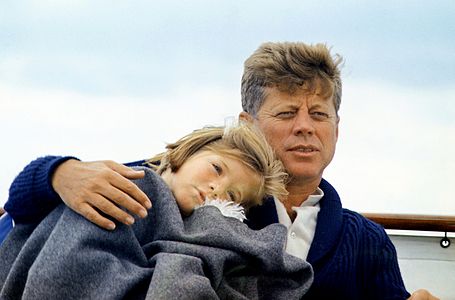Uncensored2008
Libertarian Radical
Why is it that you cannot interpret the word "choice" or "leftist."
Are you claiming that bod is not a leftist? Are you claiming that she wasn't cheering death?
Libertarians believe people have the right to choose, for themselves, to live or die.
So?





